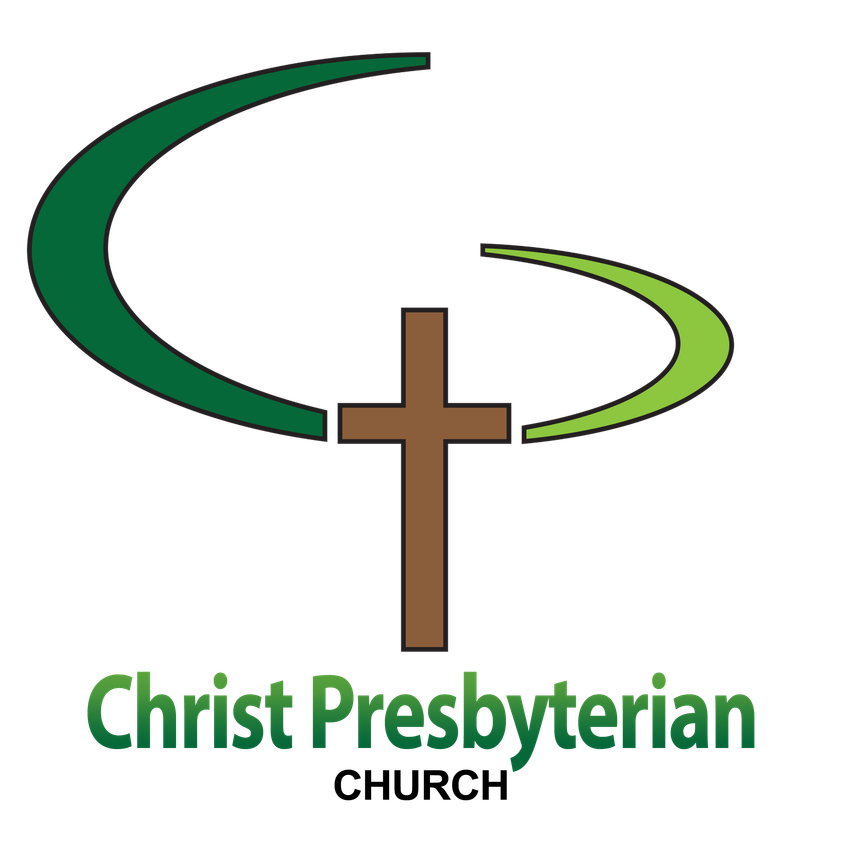“The saying is trustworthy: If anyone aspires to the office of overseer, he desires a noble task. Therefore an overseer must be above reproach, the husband of one wife, sober-minded, self-controlled, respectable, hospitable, able to teach, not a drunkard, not violent but gentle, not quarrelsome, not a lover of money. He must manage his own household well, with all dignity keeping his children submissive, for if someone does not know how to manage his own household, how will he care for God’s church? He must not be a recent convert, or he may become puffed up with conceit and fall into the condemnation of the devil. Moreover, he must be well thought of by outsiders, so that he may not fall into disgrace, into a snare of the devil.” (1 Timothy 3:1–7, ESV)
|
Life and Character |
The Lord of the Church, Jesus Christ, has given three offices to the Church. These are: Teaching Elders, Ruling Elders, and Deacons. In higher courts, Teaching and Ruling Elders are also known as Presbyters or Commissioners and share in the governing of the Church. These offices are not indications of special pre-eminence by those who hold them, but rather indicate a call to service, to ministry, to special discipleship and the evidencing of the fruit of the Spirit in every part of life. |
|
Qualifications |
According to Scripture, those who bear the office of Ruling Elder should be mature believers, led by the Holy Spirit, who exhibit a manner of life that conforms to the biblical description of an officer in Christ’s Church |
|
Responsibilities |
The entire life of the local church is under the oversight and supervision of the Session. The Session is composed of the Pastor and Associate Pastor(s) and all the Ruling Elders on active service. The Pastor and Associate Pastor(s) are full members of the Session and have the privilege of voting. The authority to govern is exercised jointly by church courts in ascending gradation. Each Ruling Elder, by virtue of ordination, individually exercises the responsibility of order.
|
|
Training and Preparation
Time Commitments |
Those who serve well must be prepared for such service, and it is the responsibility of the Session to provide adequate opportunity for those elected to office to prepare The Session shall make provision for courses of instruction in the following matters: Church government, the Sacraments, the Faith of the Church, the Worship of the Church, the Discipline of the Church, the History of the Church, and an understanding of the office to which one is elected. The Session shall confer with each person elected to office in the local church to determine if that person feels called to office and is willing to serve faithfully. The Session shall examine candidates for ordination to the office of Ruling Elder or Deacon on 1) personal experience of the saving grace of God in Jesus Christ and progress in spiritual growth, 2) theology and Sacraments of the Church, 3) the government, discipline, worship, and history of the Church, and 4) an understanding of the office to which one is elected.
|
Active Elders
Class of 2020
- Bob Tongue
Class of 2021
- Lisa Benkert (Clerk of Session)
- Nikali Benkert
- Tamara Delgado
Class of 2022
- Jody Hart
- Calvin Walls

